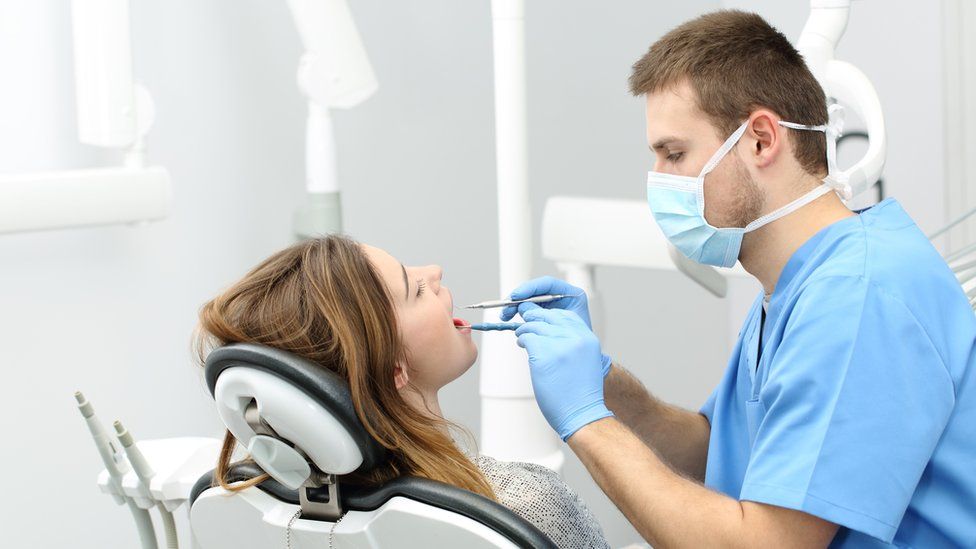Maintaining optimal oral health is a fundamental aspect of overall well-being. Dental clinics play a pivotal role in this pursuit, serving as the cornerstone for preventative care, early diagnosis, and comprehensive treatment of dental issues. As we delve into the indispensable role of dental clinics in oral wellness, it becomes evident that their contributions extend far beyond routine check-ups and cleanings. They are essential for fostering long-term health, education, and confidence in their patients.
Preventative Care and Routine Maintenance
The foundation of oral wellness lies in preventative care, and dental clinics are at the forefront of this effort. Regular check-ups and cleanings help prevent common issues such as cavities, gum disease, and plaque build-up. These routine visits allow dental professionals to detect early signs of potential problems, ensuring they are addressed before they escalate into more serious conditions. This proactive approach not only saves patients from discomfort and invasive treatments but also reduces the long-term financial burden associated with extensive dental procedures.

Early Diagnosis and Advanced Treatment
Dental clinics are equipped with advanced diagnostic tools and technologies that enable precise detection of dental issues. From digital X-rays to intraoral cameras, these innovations allow for a comprehensive examination of the mouth, teeth, and gums. Early diagnosis of conditions such as oral cancer, periodontal disease, and malocclusion can significantly improve treatment outcomes. With early intervention, dental professionals can implement less invasive and more effective treatment plans, promoting faster recovery and better oral health and visit link here. Moreover, dental clinics offer a wide array of treatments tailored to individual needs. Whether it is restorative procedures like fillings, crowns, and implants, or cosmetic treatments such as teeth whitening and veneers, these clinics provide solutions that enhance both function and aesthetics. The availability of such diverse treatments under one roof ensures that patients receive holistic care, addressing all aspects of their oral health.
Education and Empowerment
A critical yet often overlooked role of dental clinics is patient education. Dental professionals are not only caregivers but also educators who empower patients with knowledge about their oral health. They provide guidance on proper brushing and flossing techniques, dietary choices that promote dental health, and habits to avoid that may harm the teeth and gums. This education fosters a sense of responsibility and proactive care in patients, encouraging them to maintain good oral hygiene practices at home. Educational initiatives extend to community outreach programs, where dental clinics play an active role in promoting oral health awareness. These programs often target schools, workplaces, and underserved communities, providing essential information and services to those who might otherwise lack access to dental care. By bridging this gap, dental clinics contribute to the overall improvement of public health.
Building Confidence and Enhancing Quality of Life
Oral health significantly impacts an individual’s confidence and quality of life. Issues such as tooth decay, gum disease, and missing teeth can lead to discomfort, pain, and self-consciousness. Dental clinics address these issues, helping patients restore their smiles and, consequently, their self-esteem. A healthy, attractive smile boosts confidence, which can positively influence personal and professional interactions.